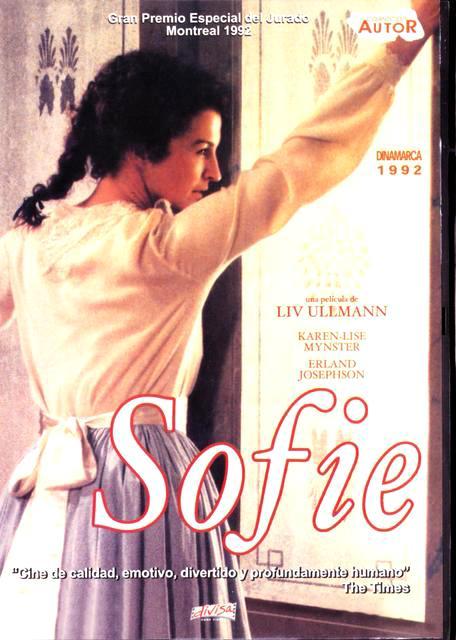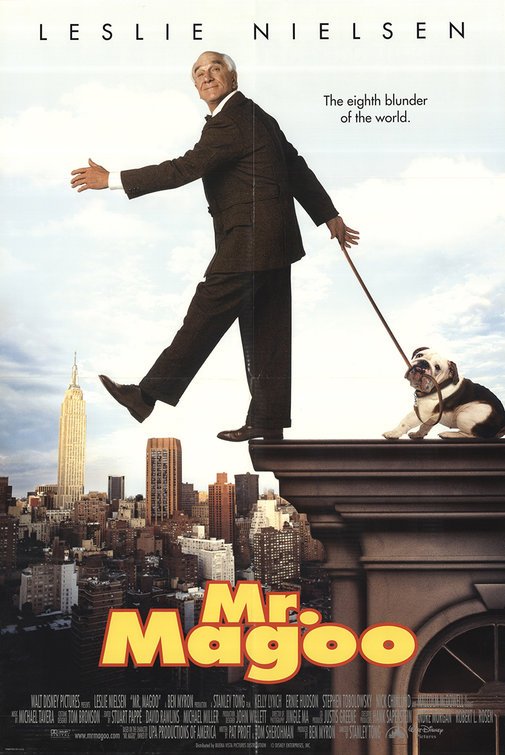
| None | Light | Moderate | Heavy | |
|---|---|---|---|---|
| Language | ||||
| Violence | ||||
| Sex | ||||
| Nudity |
Content:
(B, NN, S) Biblical & uplifting traditional Jewish worship services; one scene involving full female nudity & implied adultery; and, no obscenities or profanities.
More Detail:
The Liv Ullman film SOFIE deals with two decades in the life of a 19th-century Jewish woman living in Copenhagen who tries to find meaning in life through family and religion after having missed one chance for romantic love. Sofie is the much-loved daughter of a prosperous Jewish couple in 1880’s Denmark, and the film begins with a shot of her parents crossing the street while Sofie’s voice introduces them to us as “the two people I love the most.” Although Sofie falls in love with Hans, a Gentile, she refuses to marry him out of deference to her parents, marrying a distant cousin, Jonas, instead. Later, she loses Jonas to mental illness, and her life centers around her son Aaron. Sofie is a woman with a strong sense of fidelity and loyalty.
SOFIE is an extremely well-crafted film in which the emphasis is on character development rather than action. Director Ullman has learned from her mentor, Ingmar Bergman, the way in which to explore the mysteries of life and death in a serious, challenging manner. Bergman has said that all GREAT art deals with man’s relationship to God. The film is respectful of religion, and there are many fascinating scenes of Jewish worship which convey the beauty of that faith. The quietness of the film will not appeal to all viewers. Furthermore, regrettably, the film is marred by one scene involving nudity and implied adultery.



 - Content:
- Content: 


